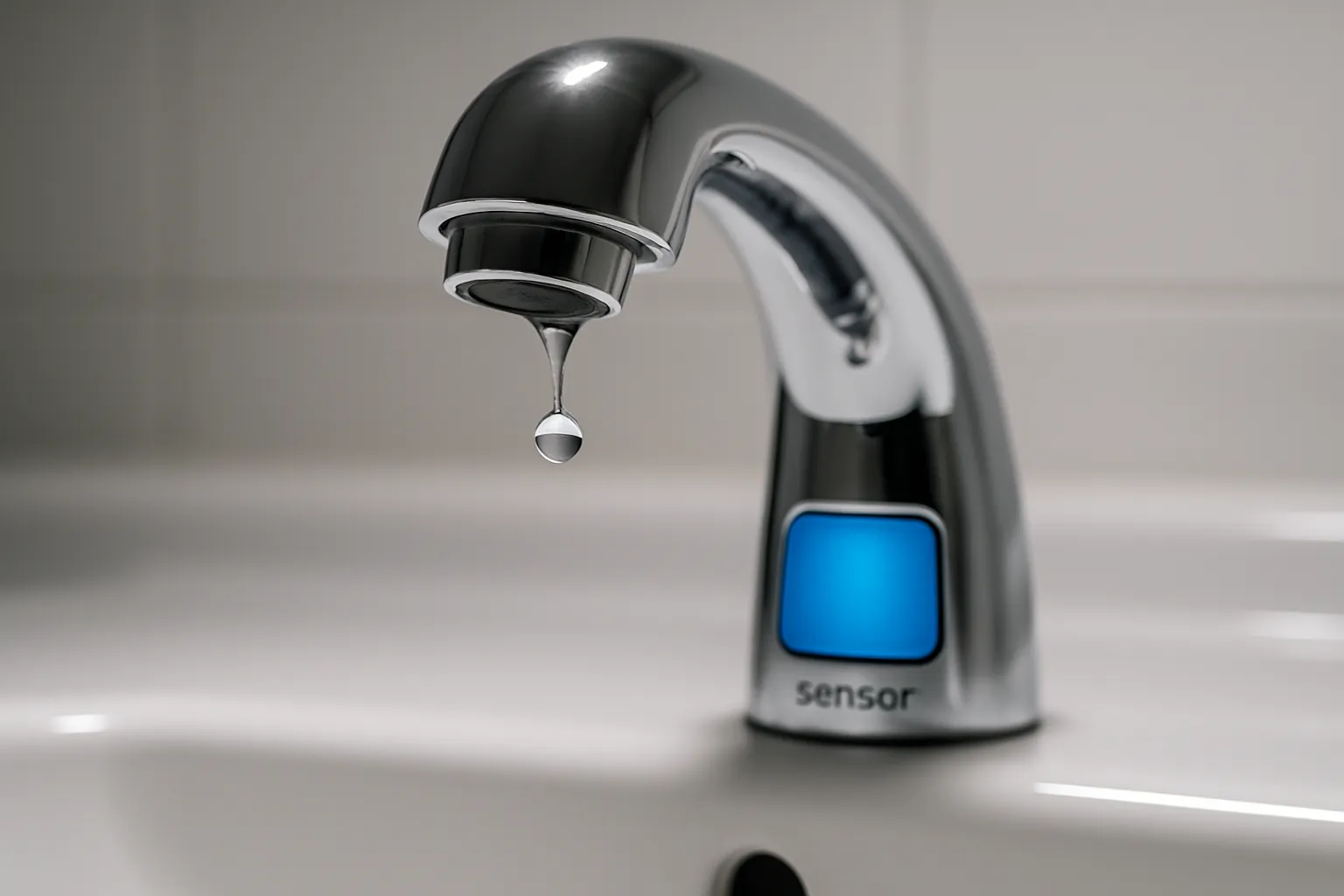The moment motorists pass Exit 3 on Interstate 90, they cross an invisible line that experts now say separates ordinary pit stops from the new national benchmark for public sanitation. For decades, rest areas have been shrugged off as functional blips on a highway map. Today, Belvidere Oasis forces the nation to reconsider. Its newly awarded title—best public restroom in Illinois—does more than flatter local pride; it signals a pivotal shift in how communities measure health, traveler safety, and civic responsibility. This report lays out why the stakes are higher than a clean sink, and how one facility has become ground zero for a broader struggle over infrastructure quality in small-town America.
A Restroom Rises to National Prominence
Every award tells a story. In Belvidere’s case, the story stretches from the first squeegee swipe at dawn to the late-night polish that ensures travelers never find an empty soap dispenser. Maintenance logs reveal custodial sweeps every 45 minutes, a cadence more commonly seen at international airports than roadside stops. That relentlessness earned top marks in the multi-state survey of 3,017 drivers cited by both the Fox 32 Chicago report and the NBC Chicago coverage. The survey ranked facilities on odor control, fixture reliability, and the all-important toilet-paper test—Belvidere aced them all.
“When the faucet shines like a souvenir penny, you know the operators respect every traveler,” said Dr. Myrtle Lawson, a public-health scholar who audited the site last month.
Situated just 70 miles west of Chicago, the oasis greets more than 10 million visitors a year. Its footprint, roughly the size of a city block, hosts name-brand eateries, free Wi-Fi, and seating that overlooks a steady river of semis. Yet the restroom’s victory was never guaranteed. Competing facilities boasted rainwater flushing systems and touch-free everything. What tipped the scales? Comment cards show it was consistency—nothing breaks here for long. Those cards, stacked nearly half a foot high in the manager’s office, burst with hand-written praise: “Stalls that actually lock!” “Dry floors!” and the understated “Best highway rest stop in Illinois.” Each remark, carefully logged, feeds a data loop that triggers maintenance and shapes budget requests.
The ripple goes beyond sparkling porcelain. Local officials point to a five-percent uptick in regional gas sales since the award was announced. Nearby diners report new faces asking for directions to “the famous restroom.” Tourism chiefs, once focused on antique malls and county fairs, now weave hygiene excellence into their marketing playbook. They argue a town able to safeguard restroom quality can likely protect broader public assets—from playgrounds to polling sites. As Belvidere’s mayor phrased it at a recent press briefing, “Clean floors are the first line of civic trust.”
Sanitation as Civic Infrastructure
What does a restroom have to do with the future of America’s roads? More than most may think. Federal data show driver fatigue-related crashes cost about $12 billion annually. Transport psychologist Harper Yu explains that clean, well-lit facilities encourage motorists to stop, stretch, and hydrate—basic actions proven to reduce drowsy-driving incidents by up to 18 percent. Belvidere Oasis turns that statistic into lived reality, providing a restorative environment where hand-dryers roar like rallying trumpets and stall doors shut with the confidence of a vault.
“Rest areas are the lungs of the interstate system; if they fail, the network suffocates,” Yu told Top Coverage News.
Inside the tiled sanctuary, sensors track soap usage and flush counts, feeding dashboards that custodians study like meteorologists watch storm bands. That data informs the Illinois Tollway Authority’s allocation model, influencing whether a rest stop 200 miles away receives a trash-receptacle upgrade or a full gut renovation. According to the Illinois Tollway, Belvidere’s success already diverted $2.6 million toward planned touchless retrofits at three sister oases. The logic is simple: reward what works, replicate excellence, raise the floor for everyone.
Yet victory sparks debate. Fiscal hawks warn against over-spending on restrooms while bridges rust. Public-health advocates counter that sanitation is bridge work—only with faucets instead of rivets. One county board member summarized the tension during last week’s budget hearing: “If we ignore bathrooms, we ignore people.” The board ultimately voted 5-2 to expand Belvidere’s custodial staff, citing reduced slip-and-fall claims and stronger regional branding.
Outside groups are watching. The American Restroom Association hinted it may use Belvidere as a case study when lobbying Congress for the Rest Stop Revitalization Act, a bill seeking $900 million in matching grants. Meanwhile, town planners from Kansas, New York, and Oregon request blueprints, eager to mirror Belvidere’s floorplan that funnels foot traffic past security-line-style sinks, reducing congestion during holiday peaks.
Economic layers deepen the story. Clean public bathrooms on I-90 have become a leverage point for attracting electric-vehicle charging stations—companies prefer high-traffic, high-hygiene sites to build brand loyalty. Belvidere Oasis is now short-listed for a 24-stall super-charger bank projected to pour $400,000 a year in ancillary sales into the local economy. For residents, that means more municipal revenue without a single additional property-tax dollar.

What Travelers Should Do Next
Recognition alone does not ensure sustained excellence. Travelers, local businesses, and officials each play a role in guarding this new standard. Below is a concise action plan anyone can follow during their next pass through Boone County’s crown jewel.
- Pull safely into the Mobil entrance and locate the digital parking counter that shows available spots.
- Use the main entrance, where floor arrows guide foot flow and reduce cross-traffic spills.
- Wash hands for at least 20 seconds; motion sensors trigger water at 99°F, an optimal temperature for germ removal.
- Report any malfunction via the QR code posted near each dryer—submissions go directly to a live custodial dashboard.
- Refuel both vehicle and body: choose from Panera, Panda Express, Subway, or McDonald’s without re-entering the weather.
- Before leaving, consider filling out a digital comment card; responses influence custodial schedules updated every 48 hours.
Executing these steps not only preserves current quality but creates data points that justify future funding for similar projects nationwide.
“A single restroom review can sway a DOT budget line more than a dozen podium speeches,” noted finance analyst Gloria Trent.
Motorists still planning routes along I-90 can integrate “Belvidere Oasis” into navigation apps to ensure a stop. Long-haul drivers from neighboring states are already adjusting schedules; trucking forums list the oasis as a preferred hygiene checkpoint, nestled between fuel-efficiency discussions and traffic warnings. Search trends back this up—phrases like “best highway rest stop in Illinois” and “sanitary oasis near Chicago” climbed 140 percent in just two weeks, according to data aggregator RoadMetrics.
Community leaders encourage residents to view the accolade as more than bragging rights. A public workshop later this month will explore expanding the oasis model into city parks and school gyms. That conversation threads through the broader national fabric: how do small wins in overlooked spaces point the way toward resilient, people-first infrastructure? If Belvidere can maintain gleaming grout lines amid a Midwestern winter, perhaps any town can secure safe crosswalks or modernized water fountains.
The next chapter begins with follow-through. Whether you are a daily commuter, weekend antiquing enthusiast, or cross-country trucker, your footsteps, water-faucet pulls, and feedback carry newfound weight. In Belvidere, the humble restroom has become a civic mirror—reflecting not just our hygiene habits, but our collective promise to care for the spaces that, in turn, care for us.


